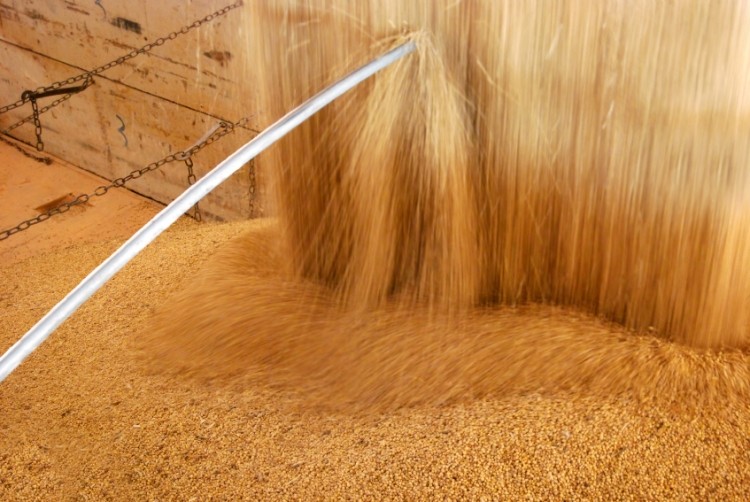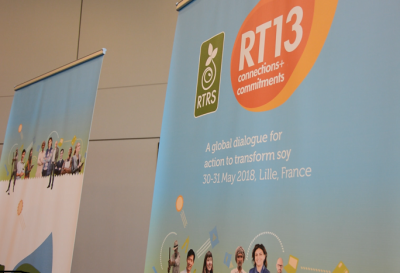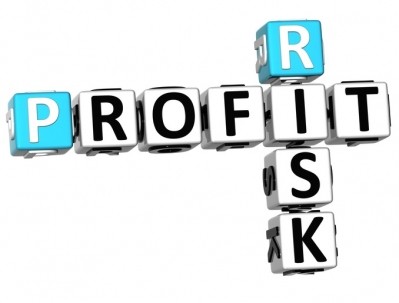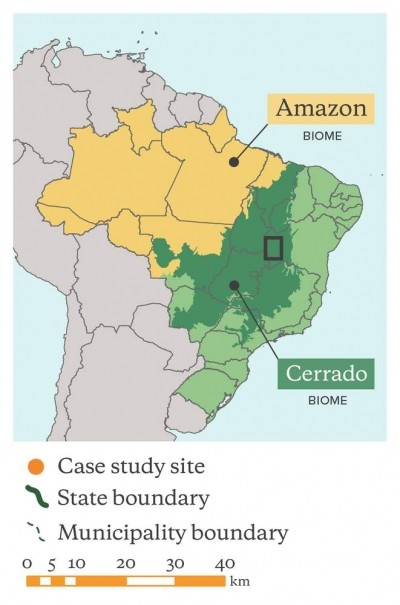Guidelines could spur transition to more responsible soy production: FEFAC

The guidelines were discussed with soy stakeholders at a workshop in Brussels last week.
Ruud Tijssens, president of the trade association, told FeedNavigator today:
“In certain markets the topic of responsible soy farming is very high on the agenda as in North-Western Europe, and the debate tends to be led by downstream players in the chain such as retailers or dairy companies. In markets in Southern and South-Eastern Europe that debate is virtually non-existent. While stakeholders in other markets tend to weigh in more on the non-GMO supply.
Moreover, the definition of responsible soy production varies from market to market – for some it is about ensuring no deforestation in the Amazon, for others it is about good agricultural practices and crop protection methods.
In order to ensure that soy supply to Europe would not be undermined by this lack of coherence and potentially diverse production stipulations in regard to what exactly constitutes responsible soy production, FEFAC recognized it had to step in and generate some homogeneity on this topic.
We have now produced a draft set of sourcing guidelines based on a set of minimum criteria that are open to stakeholder consultation until mid-May.”
The parameters, which are backed by EU vegetable oil and protein meal industry (FEDIOL) and were also developed in consultation with farmer groups in Brazil, the USA and Argentina and soy value chain partners, can play an important role in setting a base level for responsible soy supply for the European market, he said.
Six basic principles
The guidelines focus on six basic principles: legal compliance, environmental responsibility, good agricultural practices, protection of community relations, respect for land rights and responsible working conditions.
These tenets are translated into ‘essential’ and ‘desired’ social, good agricultural practice, environmental criteria and verification rules and are “designed to promote the implementation of continuous improvement plans by interested member organizations,” said FEFAC.
The trade group said it has also been involved in setting up an independently operated benchmark system to compare other soy programs against the FEFAC guidelines.
“There are now a plethora of different responsible soy programs from soy shippers, traders and farmer associations in the US, Brazil and Argentina. They all say they want to do it their way – we think that is fine as long as such schemes are viable, are transparent, and meet certain standards.
In this context, we have been collaborating with the International Trade Center (ITC) to develop a filter system – a benchmarking tool that such schemes can show compliance with the FEFAC guidelines,” said Tijssens.
It is supposed to go live in July this year and the FEFAC president hopes such an initiative will stimulate the continuous improvement of existing schemes.
Sibyl Anwander, the executive director of the ProTerra Foundation (1), a non-profit group that supports the sourcing of sustainably produced, non-GM crops for feed and food, said it backs this approach from FEFAC and the work that has been achieved “after ten years’ of discussion.”
Zero net deforestation
However, she notes one weak point in that the guidelines do not endorse the zero net deforestation target – a firm objective for ProTerra and the Round Table on Responsible Soy (RTRS). “Although the presentations given last week show that there is still potential to increase production without new deforestation,” added Anwander.
“We support the principle of zero net deforestation as demanding zero deforestation per definition is an unrealistic target but zero net requires synergetic efforts from both the private and public sectors – it needs the involvement of national authorities.
As it stands, our guidelines are in line with the revised Brazilian Forest Code, which together with the federal monitoring of farms under the rural environmental registration (CAR), we see as a real breakthrough in terms of enabling responsible soy production,” said Tijssens in response.
Through the revised Forest Code, the Brazilian ministry of the environment will be able to blacklist farms that are not in compliance with their environmental obligations under CAR, and Brazil’s vegetable oil association, ABIOVE, has pledged not to source soybeans from those producers, said FEFAC.
(1) Sibyl Anwander has left her ProTerra post to take on a role in the Swiss Federal Office of the Environment.










